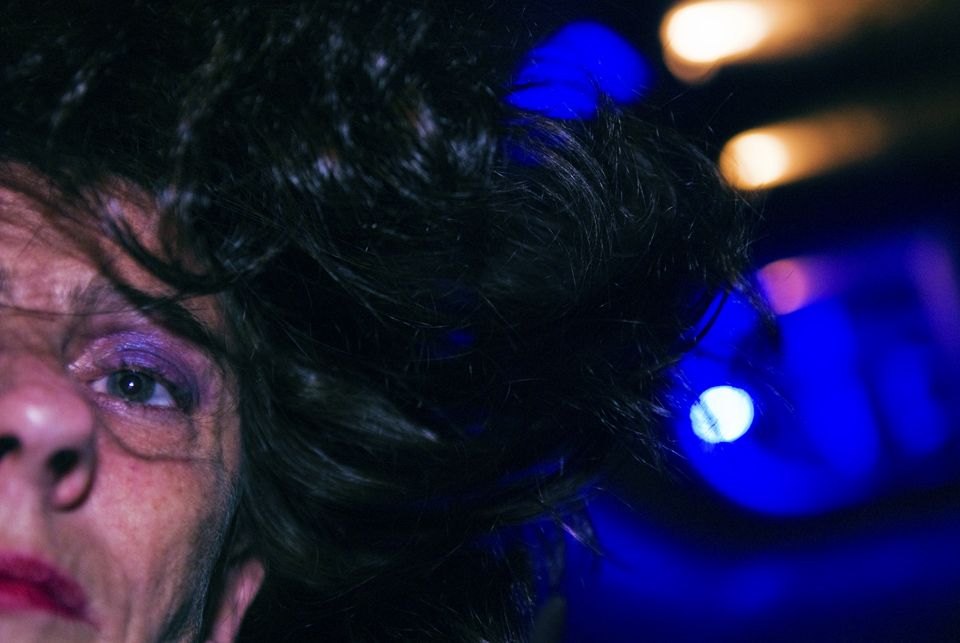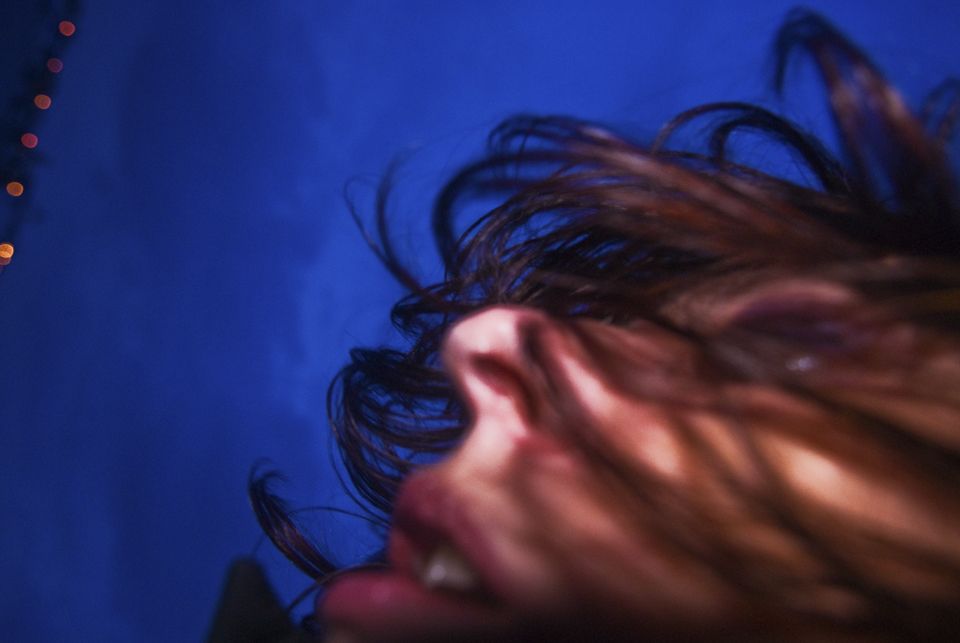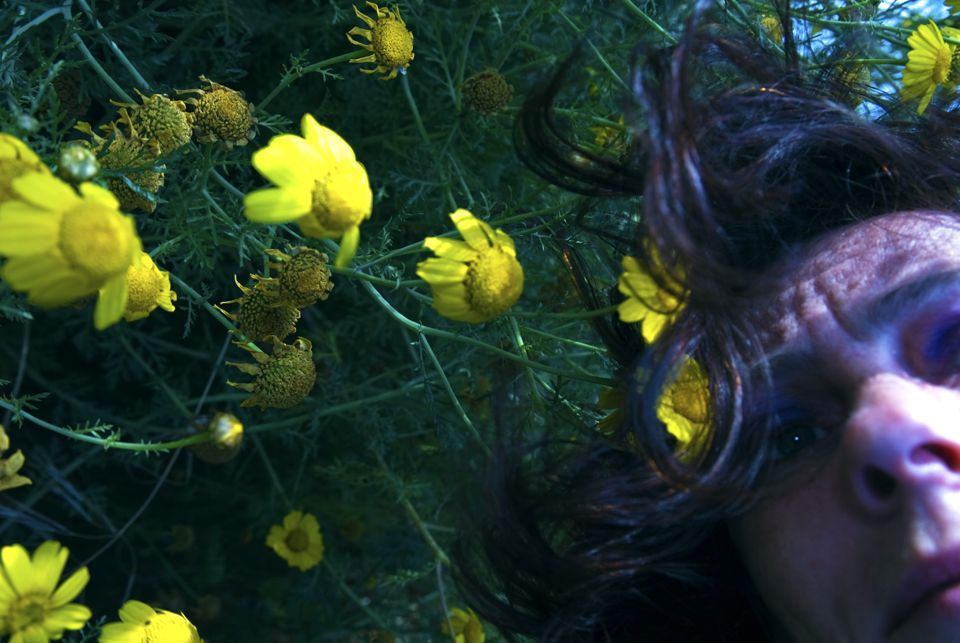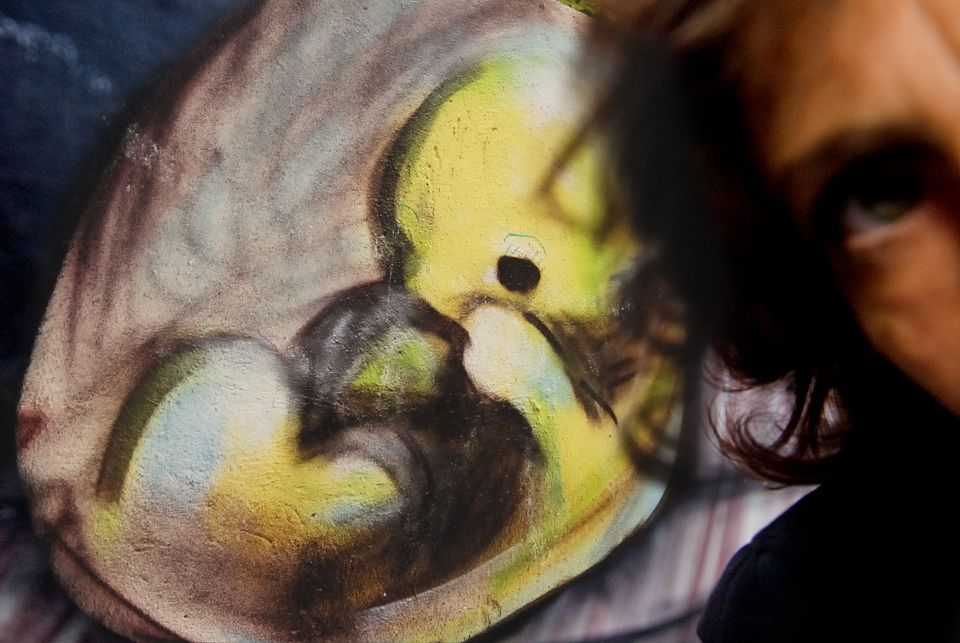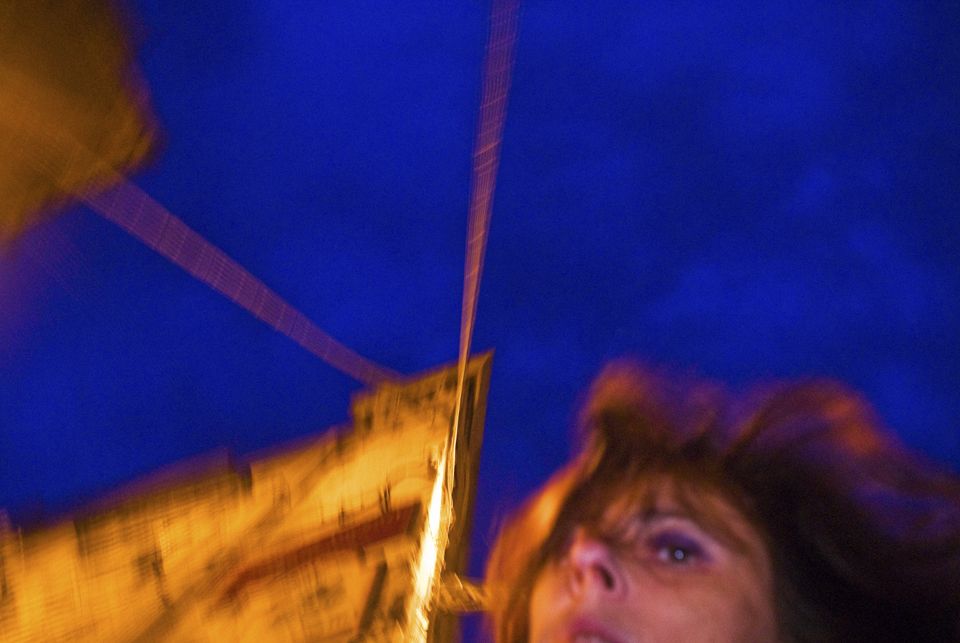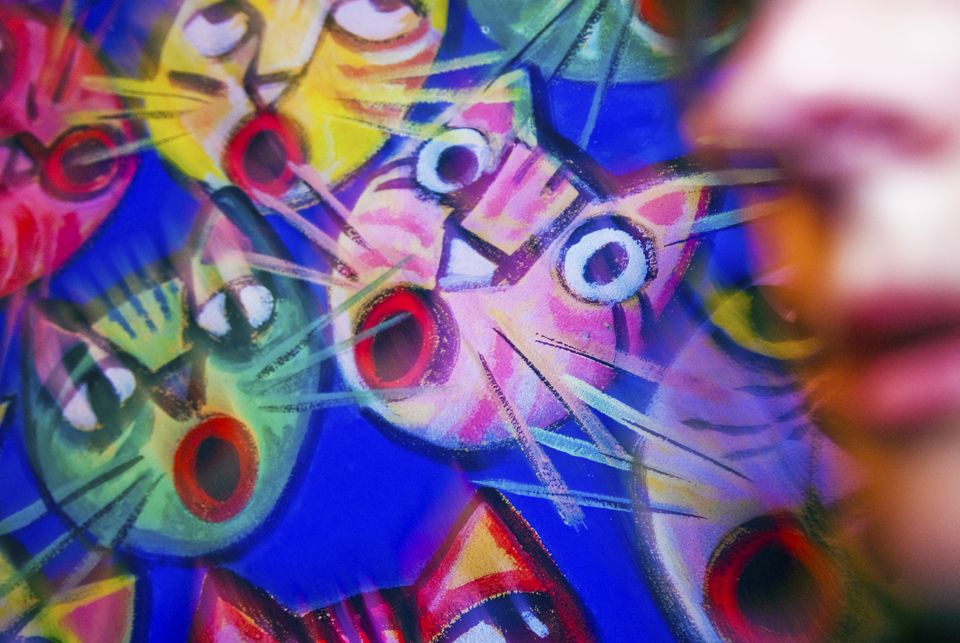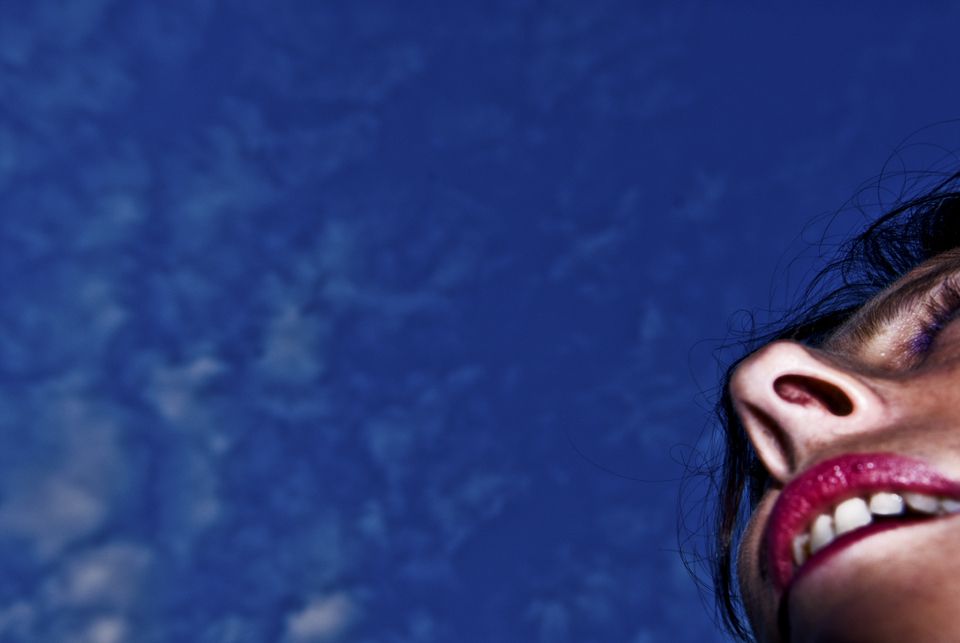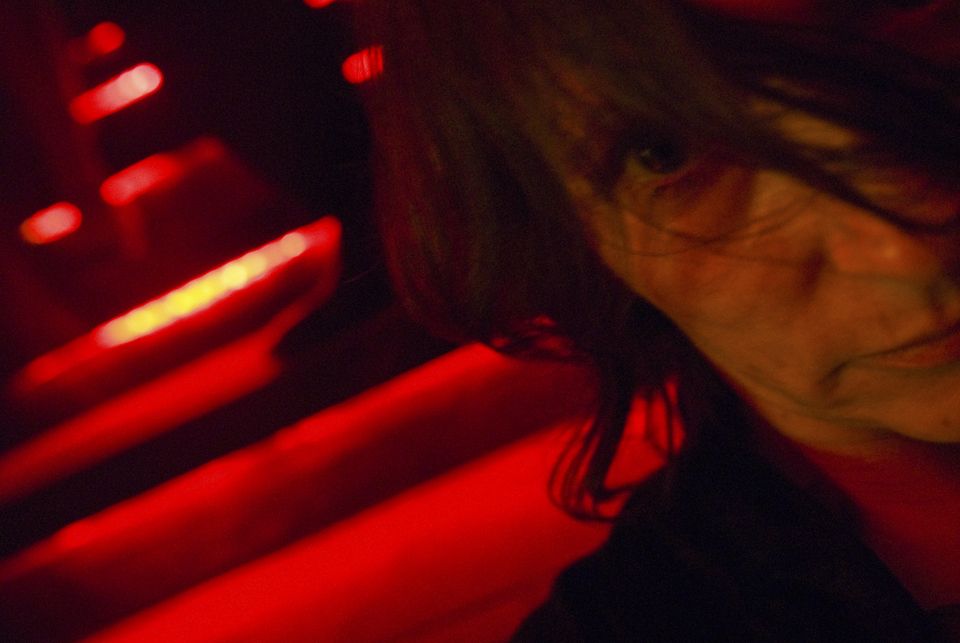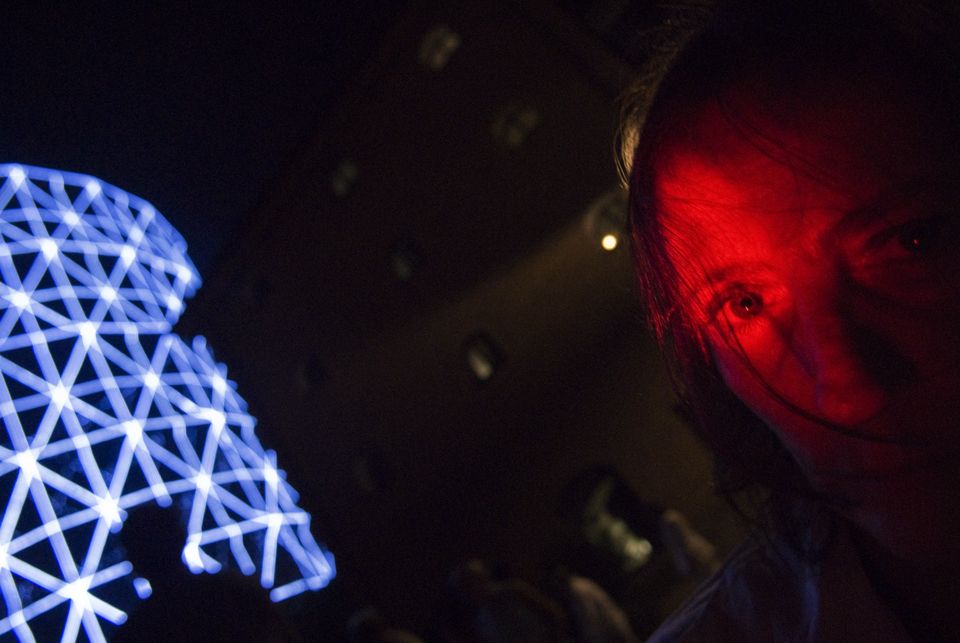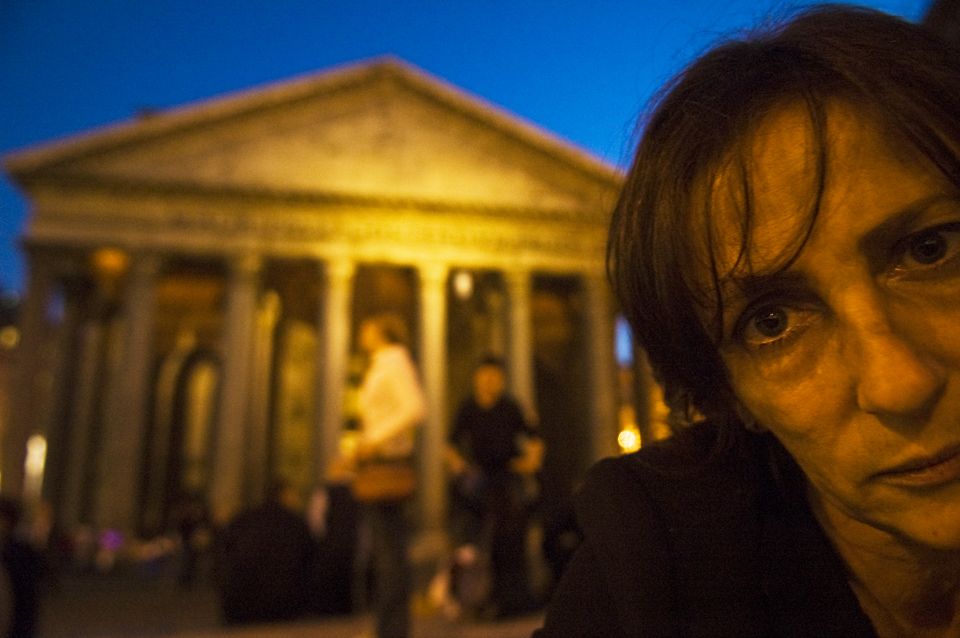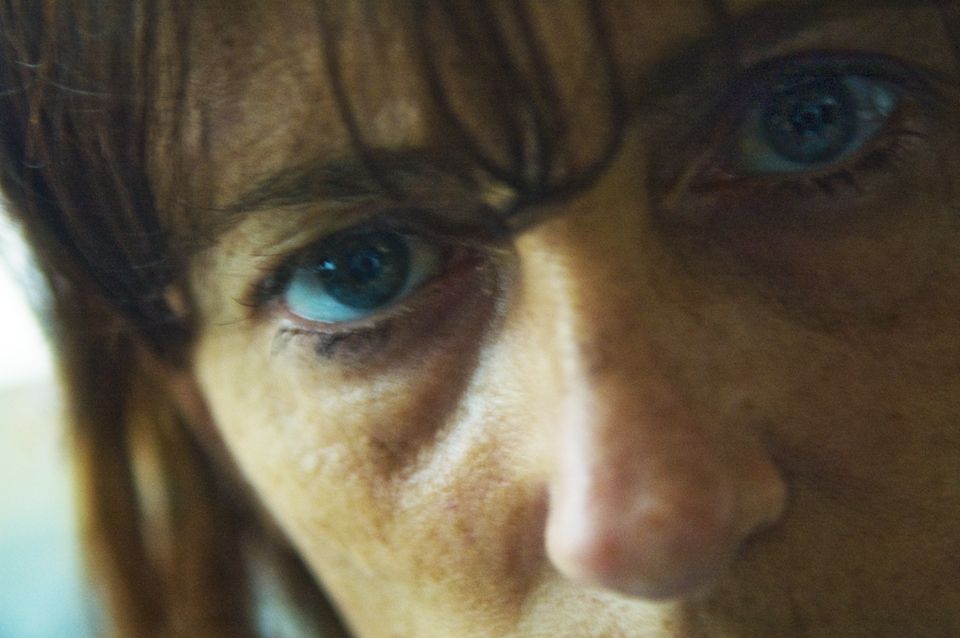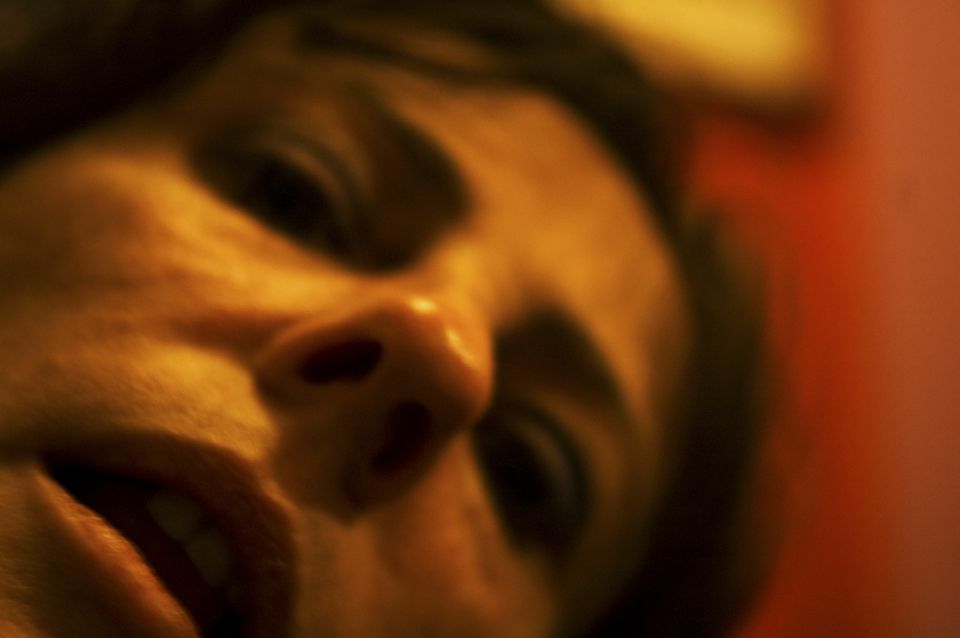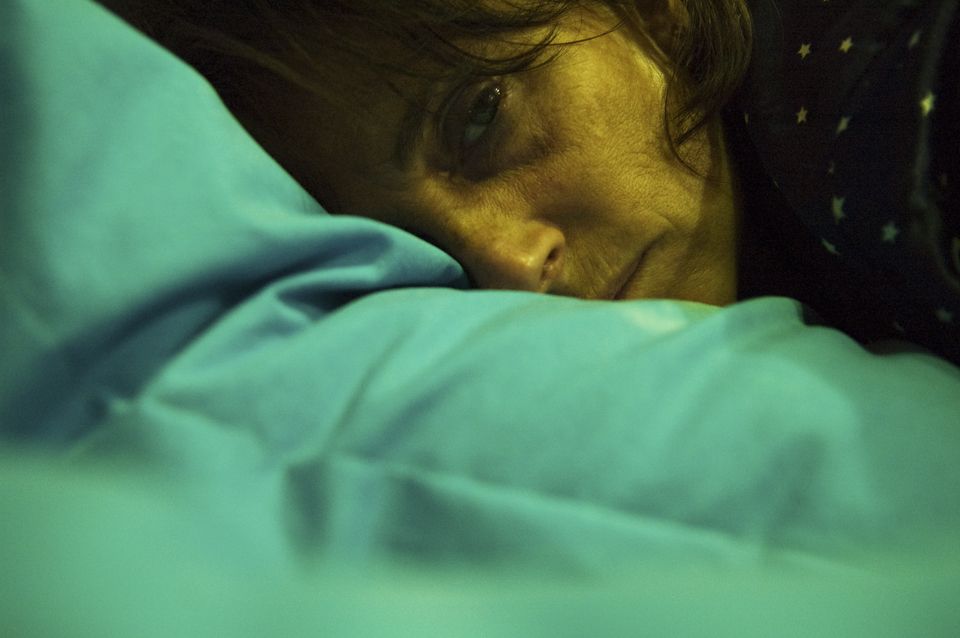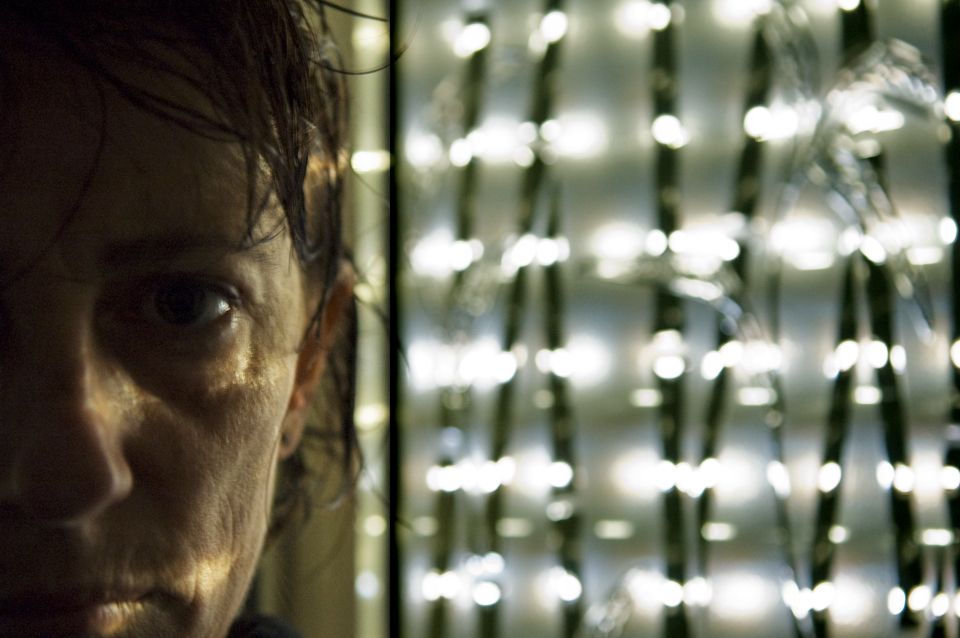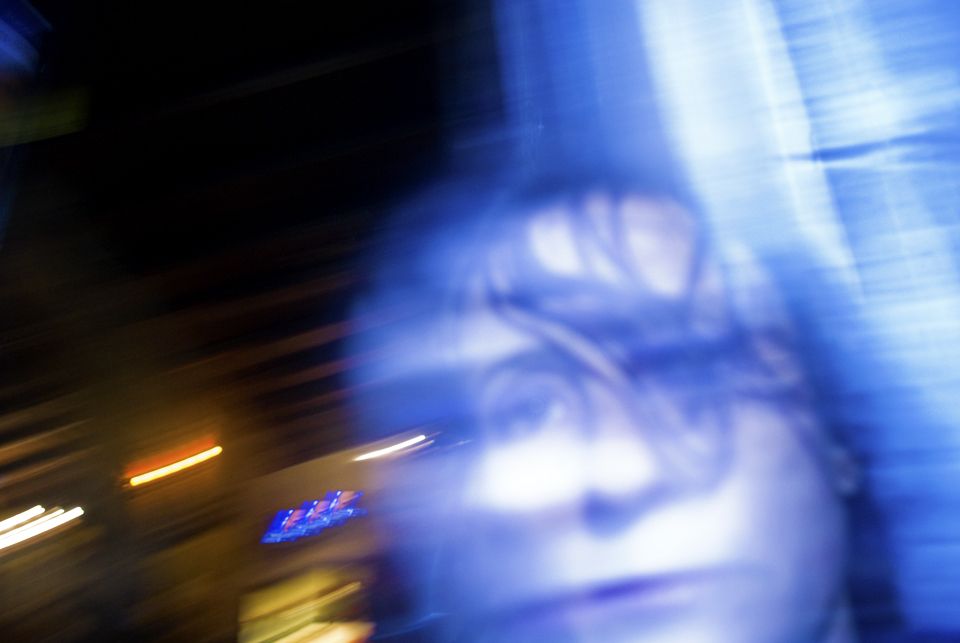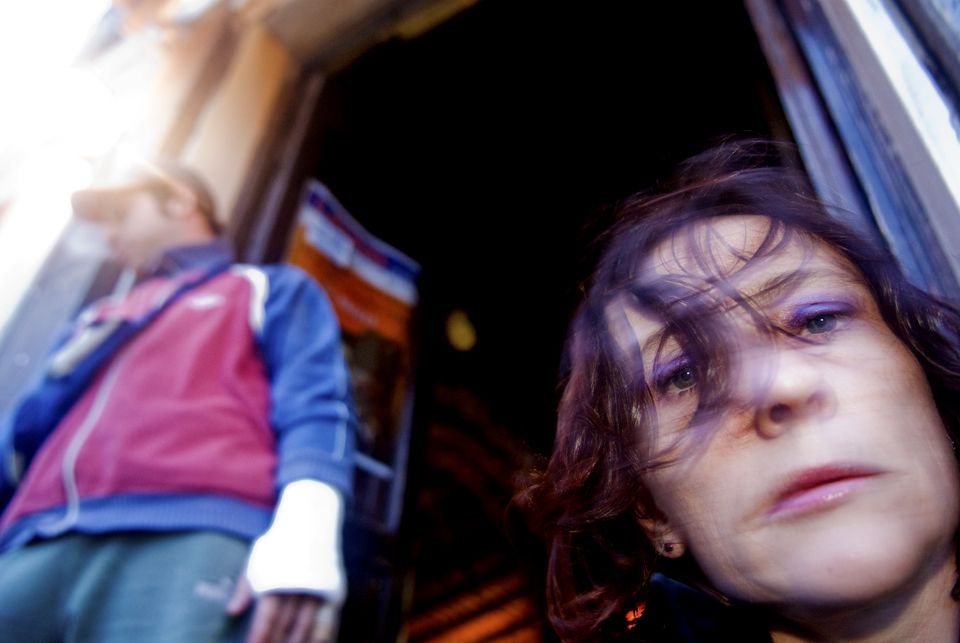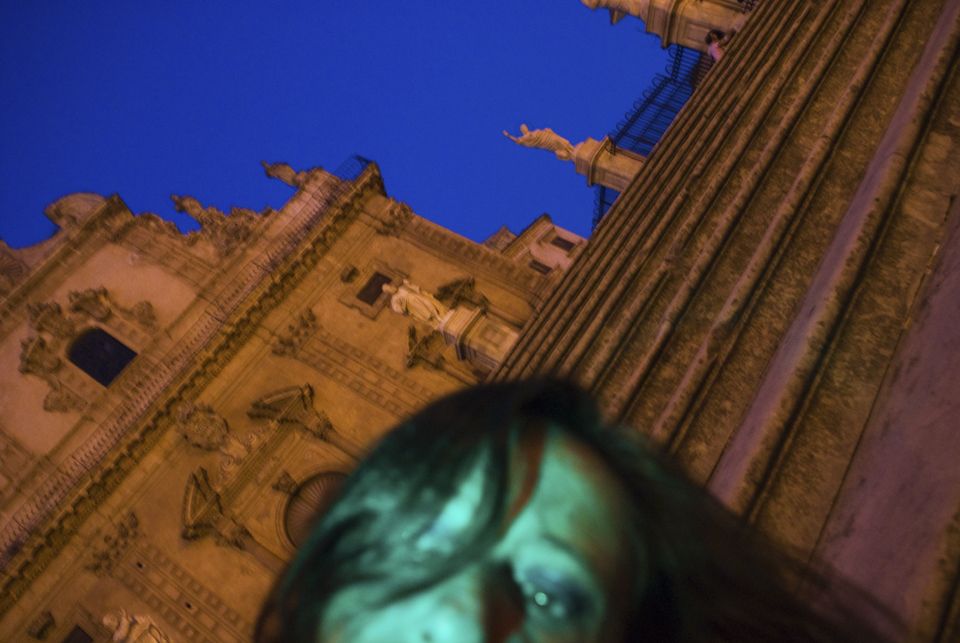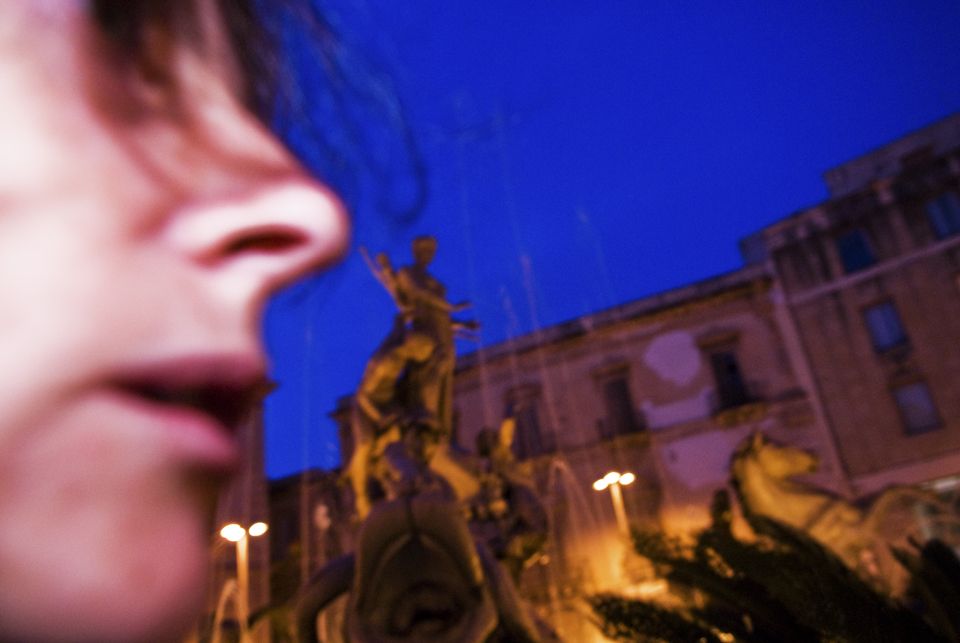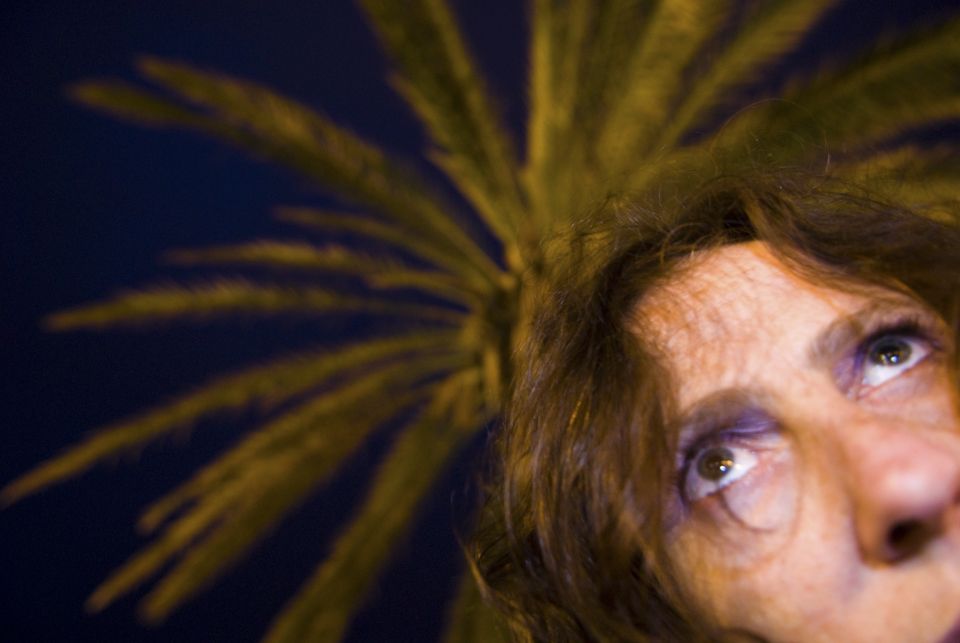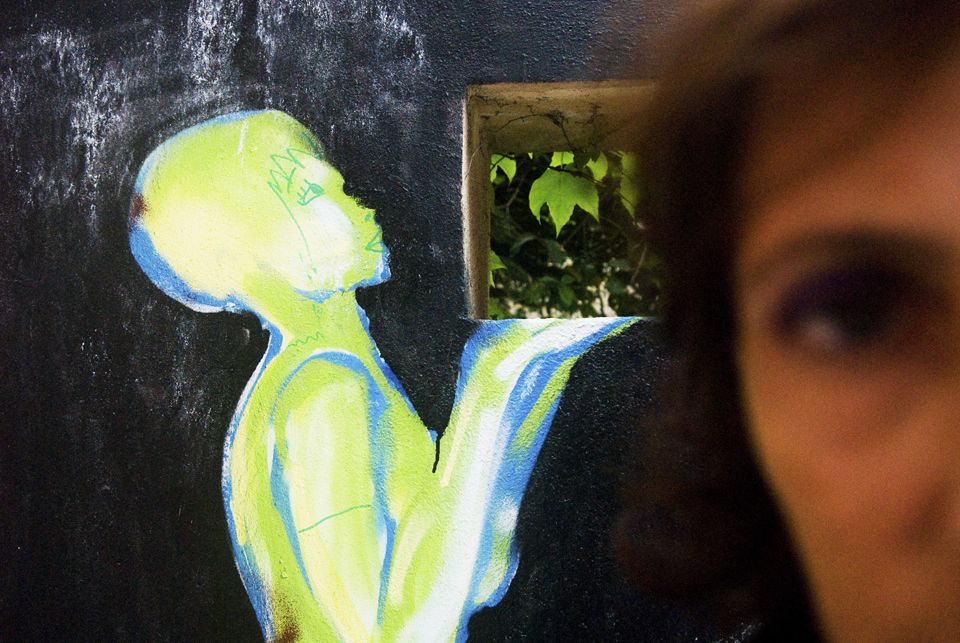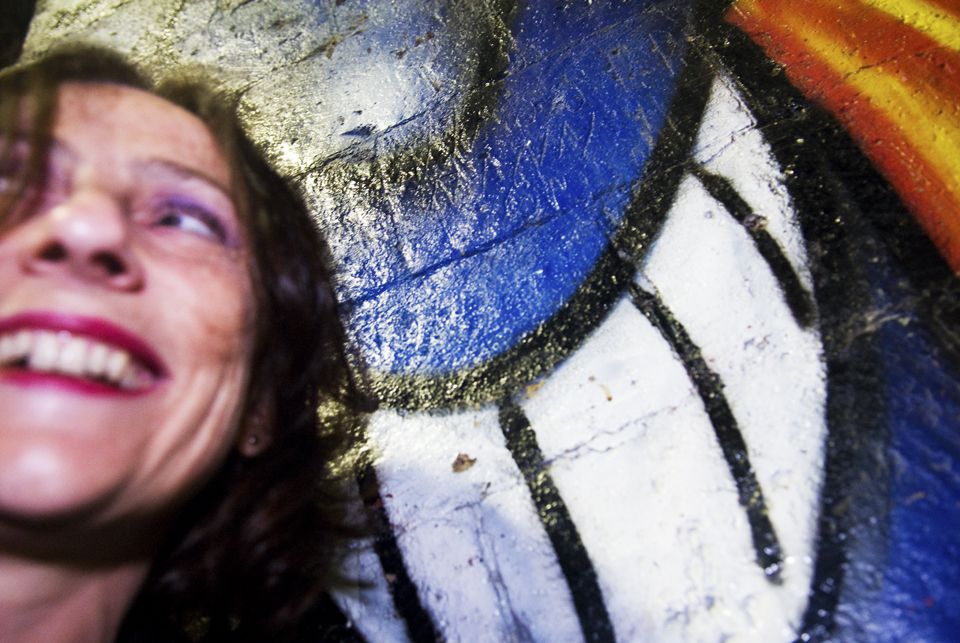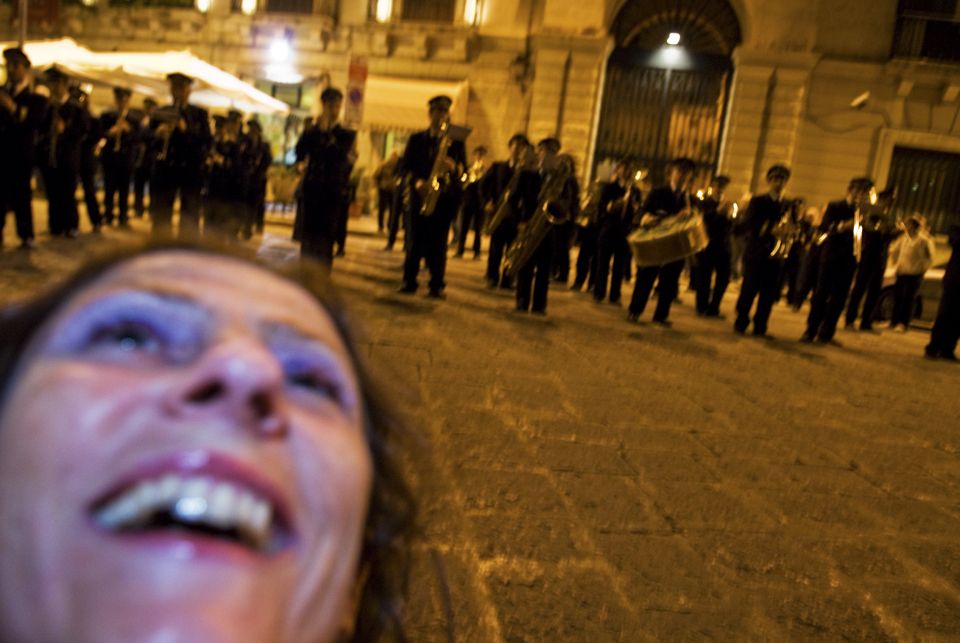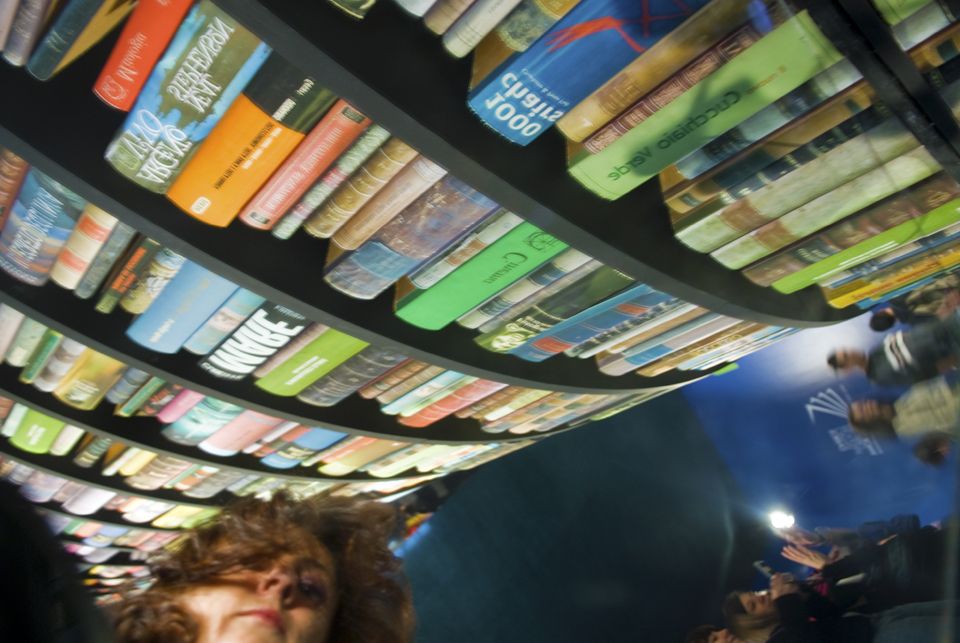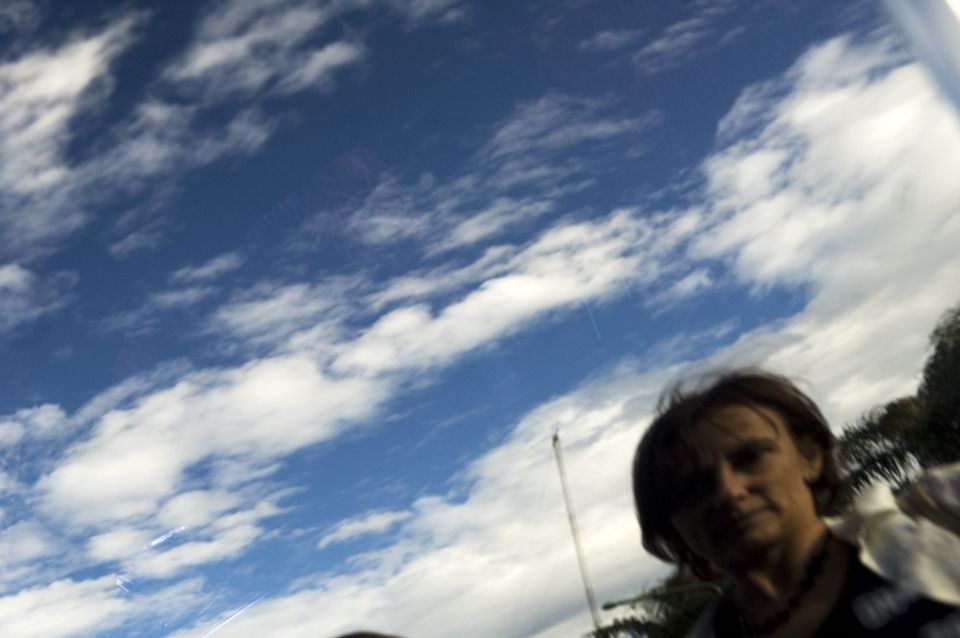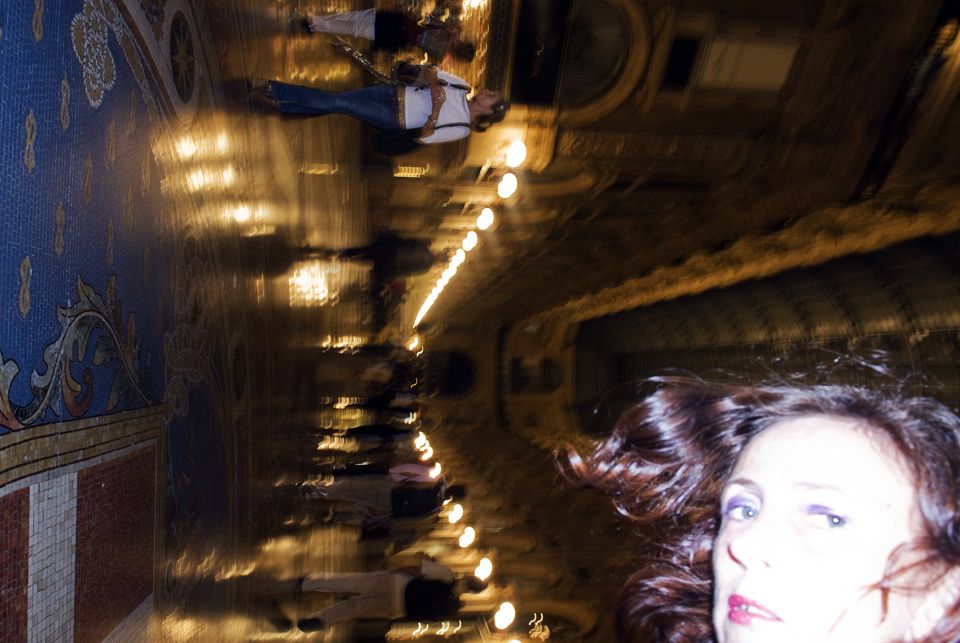project info
I think that no artist in any society is free. Being crushed by the normality and by the mediocrity of any society in which he lives, the artist is a living contestation. He always represents the contrary of the idea that everyman in every society has of himself. In my opinion a minimum, perhaps immeasurable, margin of freedom is always there. I can’t say to what point this is, or is not freedom. But certainly, something escapes the mathematical logic of mass culture, for the time being.
Pier Paolo Pasolini (from an interview with Gideon Bachman in 1975).
I was at home looking at my Nikon. And she looked at me and shot. She almost made a thousand shoots: what was she looking for? What was I looking for? In such a way it continued throughout the day, the night and the next morning. The Nikon shot and I watched at myself in the computer monitor: I could not find traces of sensations or emotions. I deleted and started all over again. I invented stories to change the expression on my face, but to change that expression I had to understand where was it coming from and why it was so still to such an extent I could do almost nothing to change it. My thoughts had slipped away from existence up to that moment and the Nikon could do otherwise that to record that absence. It was during a stage in Rome with David Harvey, he had urged me to make self portraits because I was not finding strong or new subjects. It was not only because I had to make pictures of my city, the most photographed in the world, it was because I could not find the right emotions. My spirit, my uncertainty about the camera I should use (digital or analogically), my vision about photography in general, all these aspects had contributed to foster that state of mine, usually a person used to live on passions, where I had to choose a direction. A real crisis that hit me at all levels, personal, intellectual, social, because besides being a photographer I also feel myself as an artist. And so I started searching inside of me, inside photography, in finding a new way to be an artist. Pat-is-here, into the lenses, I have a place, I am, in time, here and now. I separate from myself to look at me from outside, another point of view, to find myself again. Self-portraits have reawakened my soul: if I can find a creative version of myself starting from my emotions, then I can find a creative vision in all other things. And so it has been, that is why I consider crises the real revolutionary spirit toward our freedom, because if we can face it it can lead us to an inner changing working on our emotions. Patishere is the proof that a spontaneous shoot is the one that feels and finds itself into the frame instead of framing an already made thought. In an artistic way I felt I was going beyond a contemporary trend close di minimalism and conceptual art. Only walking an old road but new, my way. Patishere.
awards
PX3 Prix de la Photographie 2008 Category People/Self portrait
IPA 2008-2009 Honorable Mention Category People/Self portrait
IPA 2014 Honorable Mention Category Home, place and home, perception
IPA One Shot 2015 Category Home, place and home, perceptionHome, place and home, perception
press review
Text by Francesca Pietracci (in italian)
press release
2009 Undo.net
2010 Museo Maguncia, Buenos Aires, Argentina
